Summaries of books about International Relations:
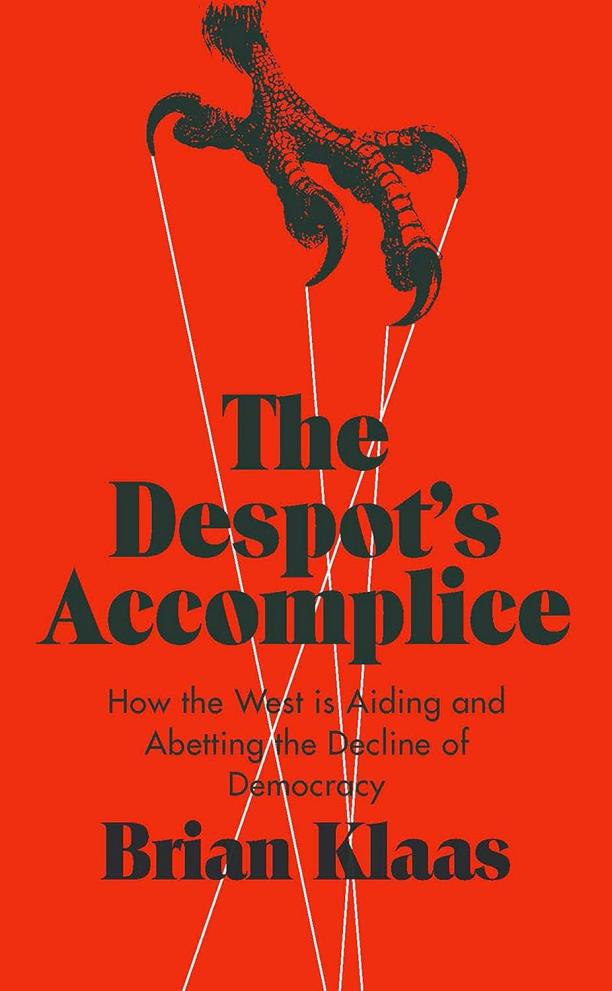
The Despot's Accomplice
How the West is Aiding and Abetting the Decline of Democracy
Brian Klaas
The book examines how democratic nations inadvertently contribute to the rise of authoritarian regimes by prioritizing short-term strategic interests over long-term democratic principles. It critiques Western policies and proposes solutions for how democracies can more effectively promote freedom and counteract autocratic trends globally.
See full summary
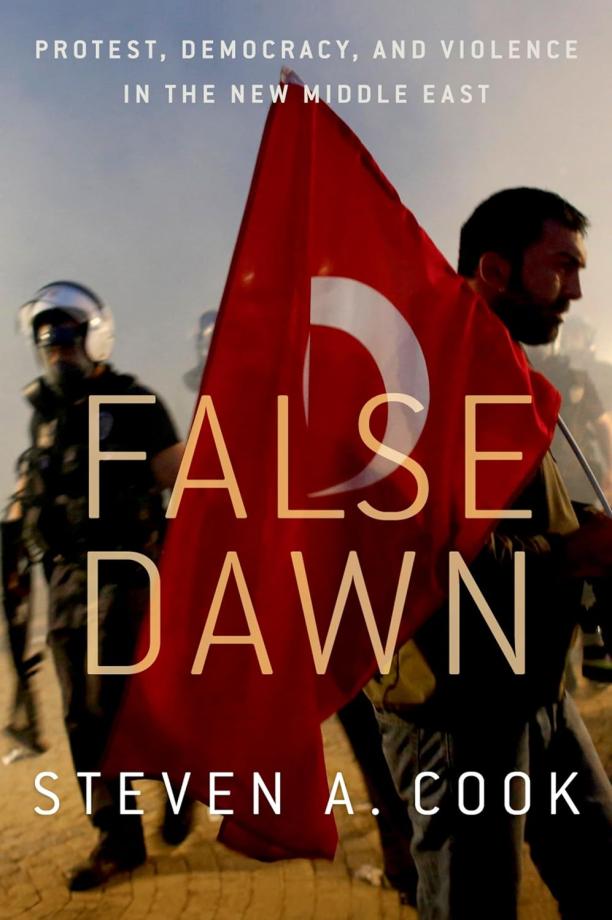
False Dawn
Protest, Democracy, and Violence in the New Middle East
Steven A. Cook
The book analyzes the causes and consequences of the Arab Spring, arguing that the uprisings failed to bring about true democratic change and instead led to increased authoritarianism and instability. It examines the role of external powers, the resurgence of authoritarian leaders, and the rise of sectarianism and violence across the Middle East.
See full summary
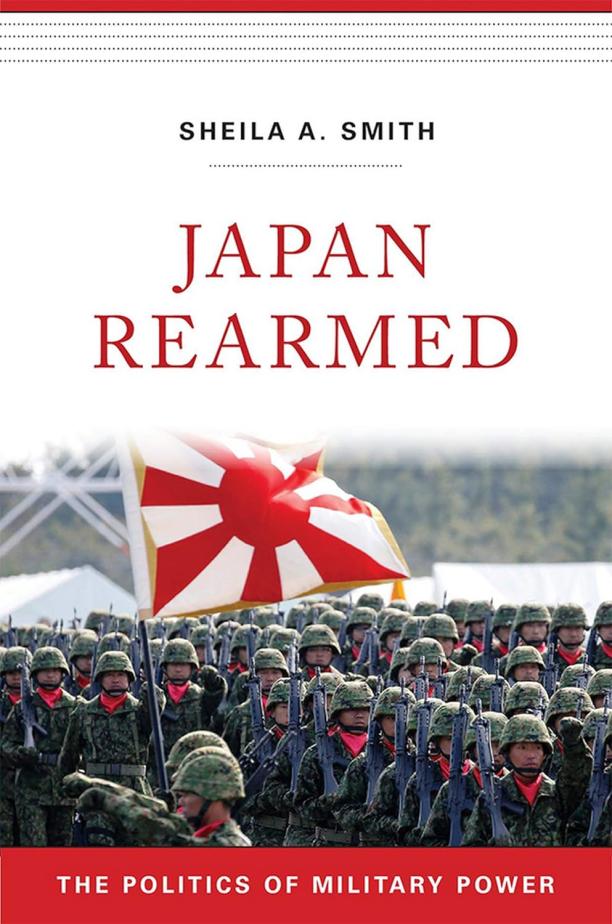
Japan Rearmed
The Politics of Military Power
Sheila A. Smith
The book examines Japan's evolving defense strategy and military capabilities in the face of regional threats and global security challenges. It explores the domestic and international political factors influencing Japan's shift away from its post-World War II pacifism towards a more proactive security posture.
See full summary
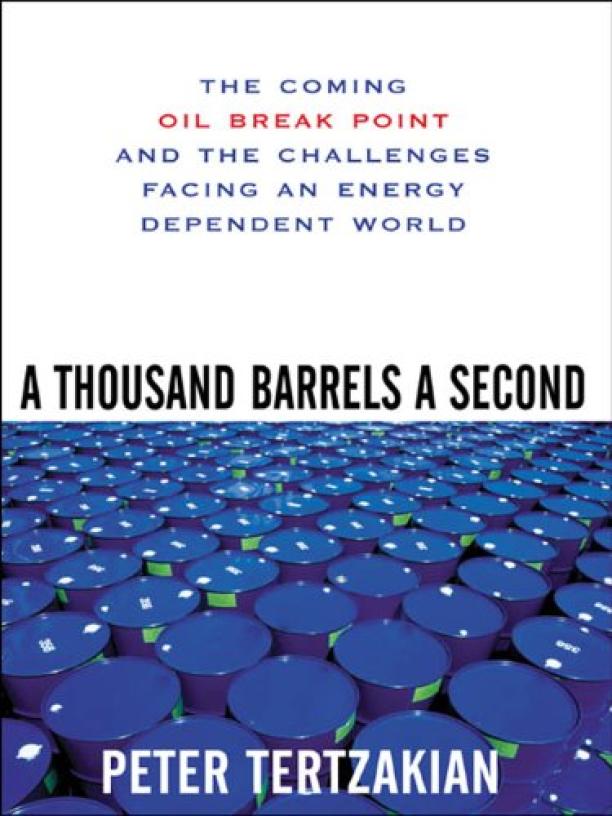
A Thousand Barrels a Second
The Coming Oil Break Point and the Challenges Facing an Energy Dependent World
Peter Tertzakian
The book examines the history of energy consumption and the pivotal role of oil in the global economy, predicting a critical point where demand outstrips supply. It discusses the potential economic, political, and social impacts of this oil crisis and explores alternative energy sources and strategies for a more sustainable energy future.
See full summary
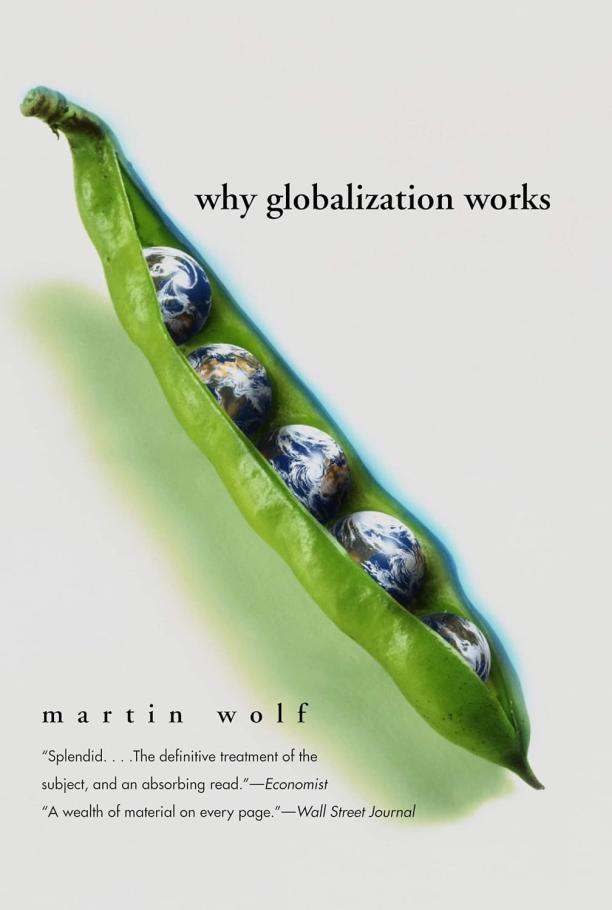
Why Globalization Works
Martin Wolf
The book presents a strong defense of economic globalization, arguing that it is a force for good that lifts people out of poverty and drives global prosperity. It addresses common criticisms of globalization, such as inequality and cultural homogenization, and provides evidence to support the benefits of open markets and free trade.
See full summary
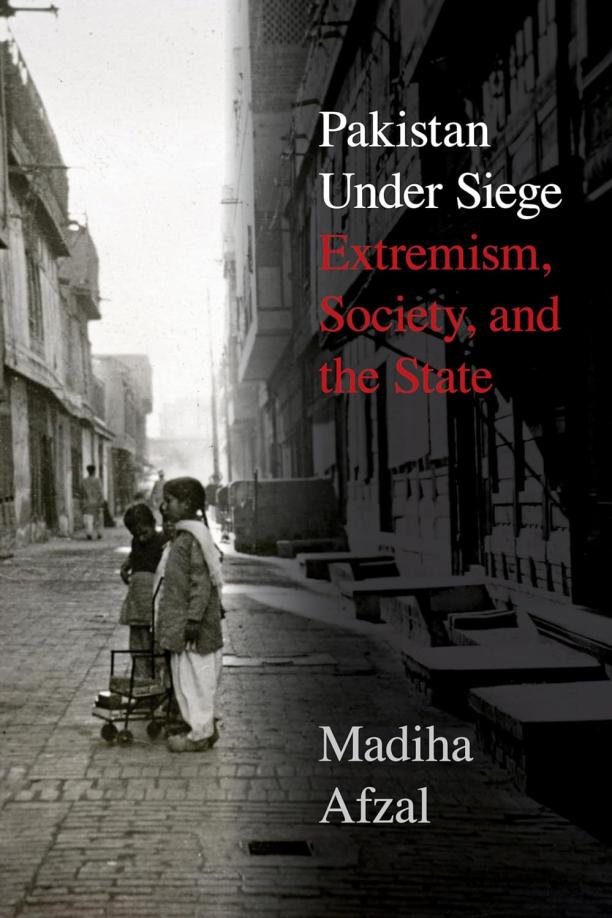
Pakistan Under Siege
Extremism, Society, and the State
Madiha Afzal
The book delves into the complex relationship between Pakistani society and the pervasive influence of extremist ideologies, examining how these views are propagated through education, the media, and the legal system. It provides an analysis of the Pakistani state's role in both combating and sometimes abetting extremism, offering insights into the challenges and potential paths forward for a more moderate Pakistan.
See full summary
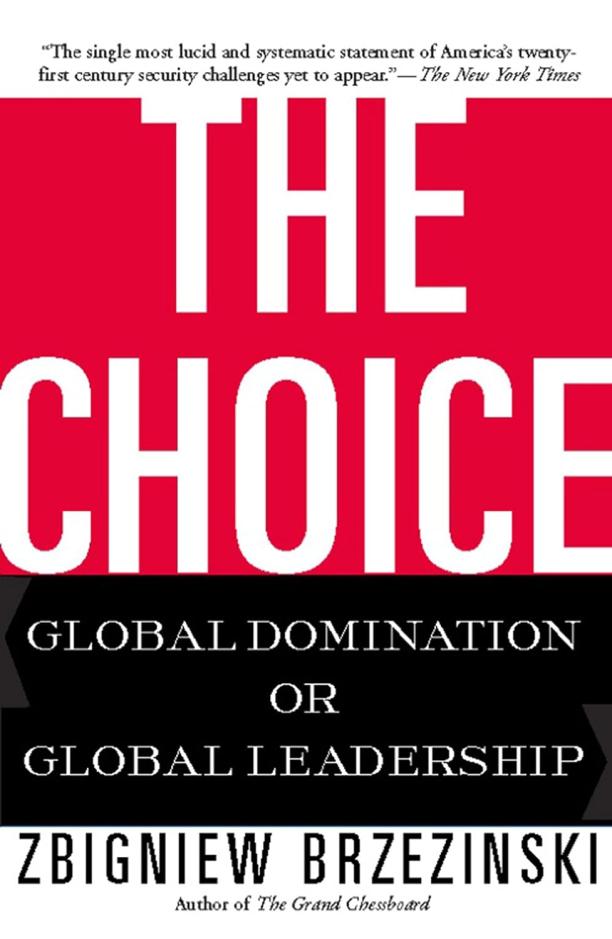
The Choice
Global Domination or Global Leadership
Zbigniew Brzezinski
The book presents an analysis of American foreign policy post-Cold War, advocating for a strategic balance between military power and moral principles. It argues for the United States to choose a path of global leadership through cooperation and the promotion of universal values rather than seeking to dominate the world unilaterally.
See full summary

Navalny
Putin's Nemesis, Russia's Future?
Jan Matti Dollbaum|Morvan Lallouet|Ben Noble
The book provides an in-depth analysis of Alexei Navalny's role in Russian politics, chronicling his rise as a key opposition figure against Vladimir Putin's regime. It explores Navalny's strategies, the impact of his anti-corruption campaigns, and his potential influence on the future of Russia.
See full summary
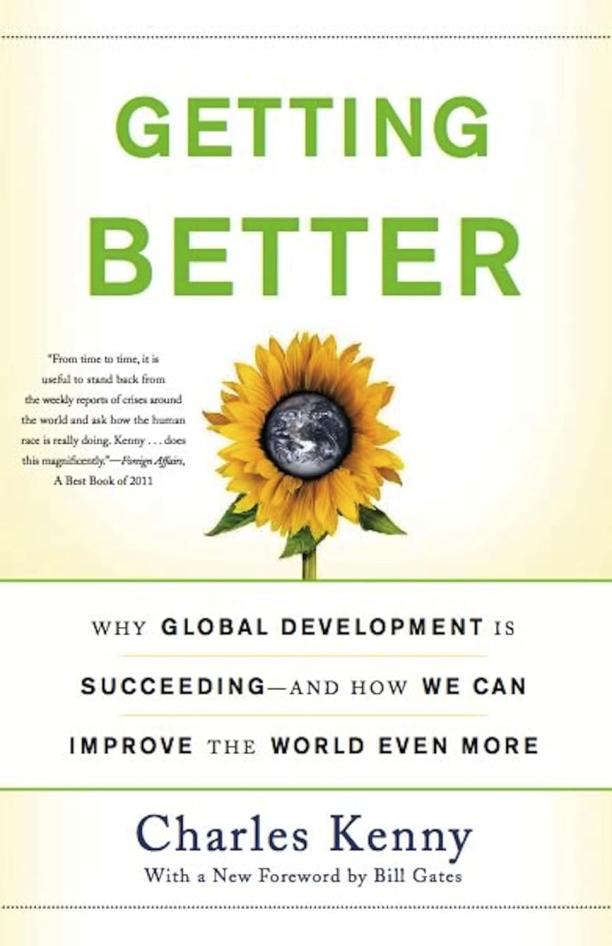
Getting Better
Why Global Development Is Succeeding--And How We Can Improve the World Even More
Charles Kenny
The book presents an optimistic view of global development, highlighting the significant progress made in areas such as health, education, and income over recent decades. It also discusses the policies and practices that have contributed to these improvements and offers insights on how to address remaining challenges to further enhance global well-being.
See full summary
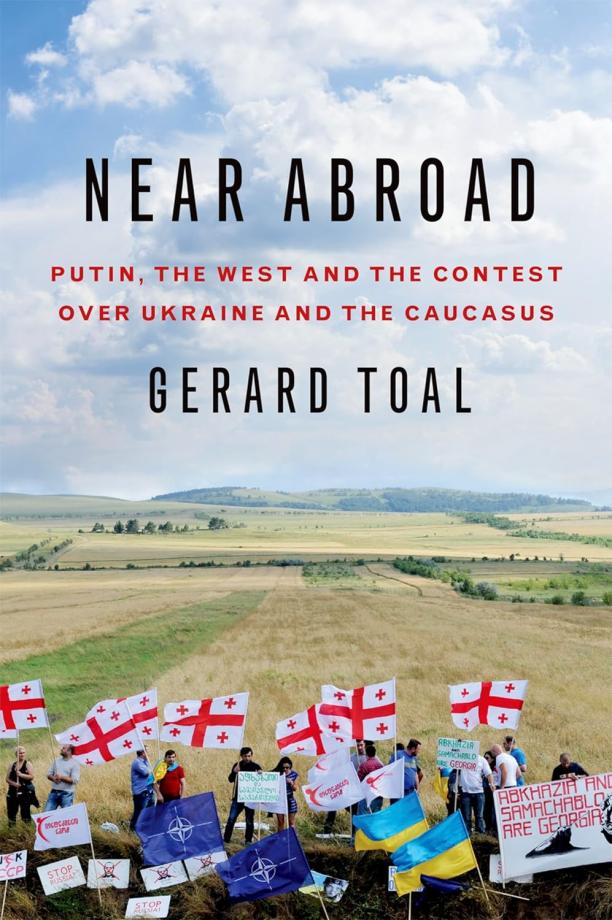
Near Abroad
Putin, the West and the Contest over Ukraine and the Caucasus
Gerard Toal
The book examines Russia's geopolitical strategies and conflicts in Ukraine and the Caucasus, analyzing how Vladimir Putin's government has engaged with these regions. It explores the historical context, the role of the West, and the complex interplay of national identity, power, and territorial politics that shape the ongoing contest for influence.
See full summary